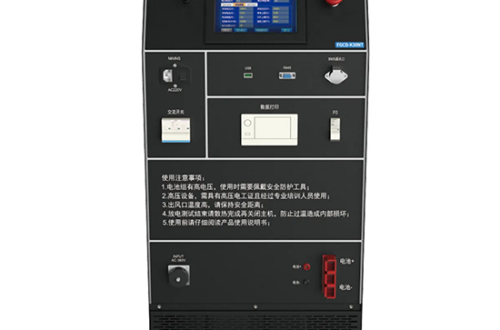Sublimation Tapes: Essential Tools for Heat Transfer Printing
# Sublimation Tapes: Essential Tools for Heat Transfer Printing
## Introduction to Sublimation Tapes
Sublimation tapes are specialized adhesive tools designed specifically for heat transfer printing processes. These tapes play a crucial role in ensuring precise alignment and preventing movement of substrates during the high-temperature sublimation process. Unlike regular tapes, sublimation tapes are engineered to withstand the extreme heat of heat presses while leaving minimal residue.
## Why Sublimation Tapes Matter in Heat Transfer Printing
Key Features of High-Quality Sublimation Tapes
When selecting sublimation tapes for your heat transfer projects, consider these essential characteristics:
- Heat resistance up to 400°F (204°C) or higher
- Low-tack adhesive that won’t damage substrates
- Clean removal without residue
- Precision cutting for accurate application
- Compatibility with various materials (polyester, ceramics, metals)
Keyword: sublimation tapes
## Applications of Sublimation Tapes in Different Industries
Textile and Apparel
In garment decoration, sublimation tapes secure fabric during pressing to prevent shifting that could cause blurry prints. They’re particularly valuable for multi-color designs requiring precise registration.
Promotional Products
For items like mugs, phone cases, and plaques, sublimation tapes hold substrates firmly in heat-resistant jigs, ensuring consistent placement across production runs.
Signage and Display
Large format sublimation printing benefits from specialized wide tapes that keep materials flat and positioned correctly during the transfer process.
## Choosing the Right Sublimation Tape for Your Needs
Consider these factors when selecting sublimation tapes:
| Tape Type | Best For | Temperature Range |
|---|---|---|
| Standard Heat-resistant | General sublimation projects | 350-400°F |
| High-Temp Specialty | Metal, ceramic substrates | 400-450°F |
| Repositionable | Precise alignment needs | 350-400°F |
## Best Practices for Using Sublimation Tapes
- Clean surfaces thoroughly before application
- Apply tape smoothly without stretching
- Use minimal tape necessary to secure the substrate
- Allow proper cooling before tape removal
- Store tapes in a cool, dry place
## Common Mistakes to Avoid
Even experienced users sometimes make these errors with sublimation tapes:
- Using regular masking tape that can melt or leave residue
- Applying too much tape, making removal difficult
- Removing tape before the substrate has cooled sufficiently
- Reusing tape that has lost its adhesive properties
## The Future of Sublimation Tapes
As heat transfer technology advances, we can expect to see innovations in sublimation tapes including:
- Smart tapes with temperature indicators
- Biodegradable and eco-friendly options
- Tapes with integrated alignment guides
- Specialized


